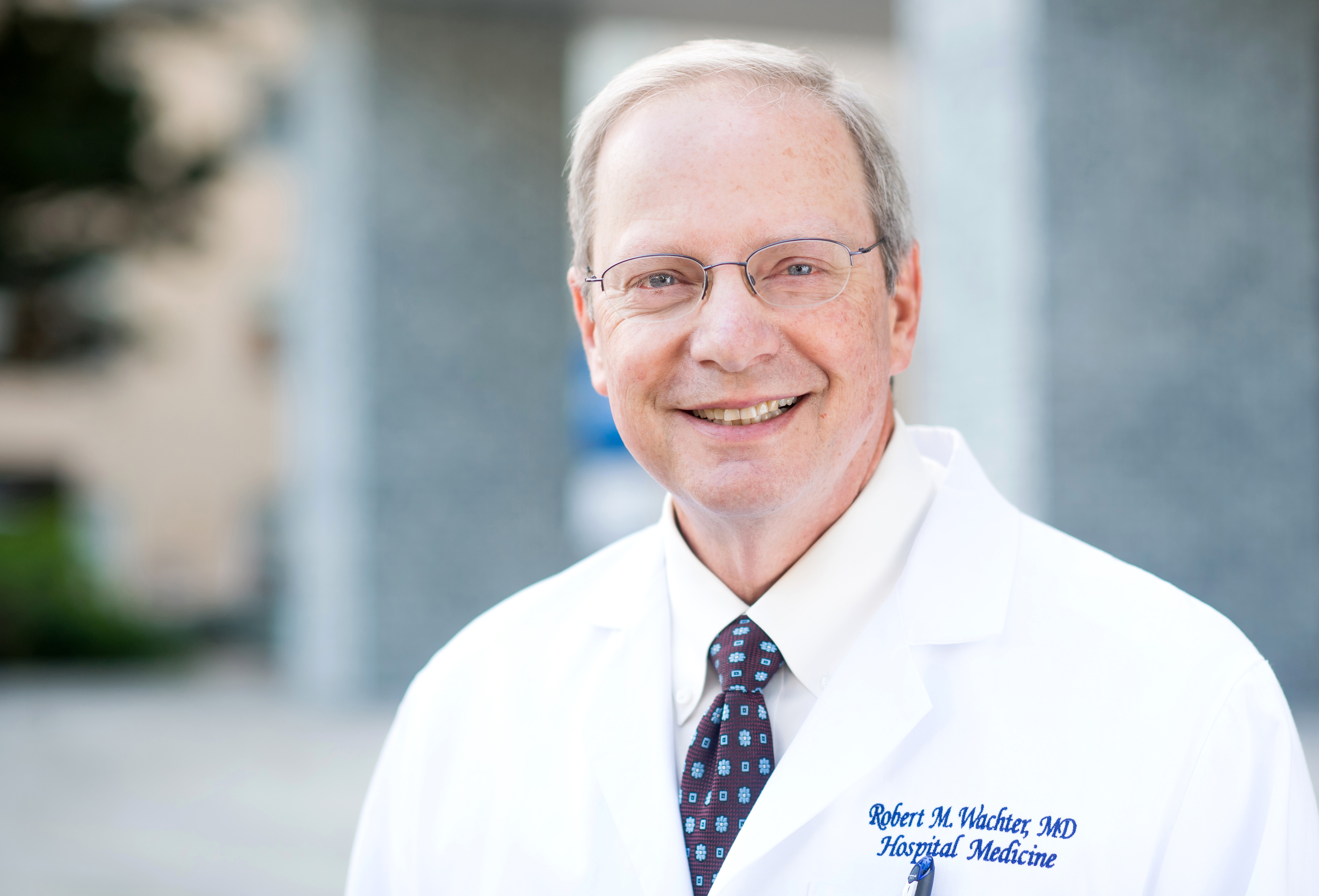From the Chair
When I went to medical school a long, long time ago, the term “culture” had only one meaning: the cultivation of a pathogen in a special media.
 Today, I am privileged to serve as the ninth chair of UCSF's remarkable Department of Medicine. In this role, I think about culture constantly, but it's culture of a very different kind. My own research into the organization of hospital care, patient safety, and the digitization of healthcare has convinced me that culture — more than anything else — is what usually determines whether an organization succeeds.
Today, I am privileged to serve as the ninth chair of UCSF's remarkable Department of Medicine. In this role, I think about culture constantly, but it's culture of a very different kind. My own research into the organization of hospital care, patient safety, and the digitization of healthcare has convinced me that culture — more than anything else — is what usually determines whether an organization succeeds.
“Culture eats strategy for lunch,” goes the old saying. I'd add breakfast and an afternoon snack.
The gossamer nature of culture — sometimes defined as “the way we do things around here” — can be frustrating to those who are new to an institution, or to a field. It seems at once to be nowhere and everywhere. It's the stuff that “everybody knows” yet doesn't appear in any book or website.
Culture is often bemoaned as an obstacle, as in, “It was a good innovation, but it failed because of the culture.” But culture can also be an enormous asset. And so it is for our medicine training programs at UCSF: our culture is what makes these programs so special.
Don't get me wrong. The fundamentals are critical, and I think ours are superb. Our trainees learn and practice in a remarkably diverse clinical environment, including a world-class academic medical center, an outstanding safety net hospital, and one of the finest VA hospitals in the nation. Our faculty include many award-winning clinicians and teachers, and our department is perpetually at or near the top of the nation in NIH grant funding. This combination creates an amazingly rich academic milieu.
And we are proud of our innovative programs, from our tracks and pathways (which offer our trainees the opportunity to concentrate in areas ranging from medical education to health policy to global health to informatics and AI to biomedical research), to our focus on equity and social justice, to our expertise in diagnostic reasoning and evidence-based medicine, to our role in developing the hospitalist field and several other specialties. And, of course, the joys of living in the Bay area — for a few years or a lifetime — are hard to beat.
But the secret sauce is our culture. It's culture that determines whether one intern will help out a colleague in a pinch at 3am. It's culture that controls whether a prominent faculty member will make time to mentor a resident struggling with a career choice or that first research paper. And our culture celebrates diversity, animates our commitment to caring for the underserved, honors teamwork, tamps down unhelpful hierarchies, and prizes work-life balance without sacrificing professional excellence or passion.
I came to UCSF for my residency four decades ago, thinking I would stay for three years and return to the Northeast. But I have not found an academic organization that matches its combination of attributes, which explains my choice to spend my career here. I hope some of you have a similarly joyful and fulfilling experience.
Whatever you decide, I appreciate you taking the time to consider our program and wish you only the best in your residency and career.

Robert M. Wachter, MD
Chair, Department of Medicine